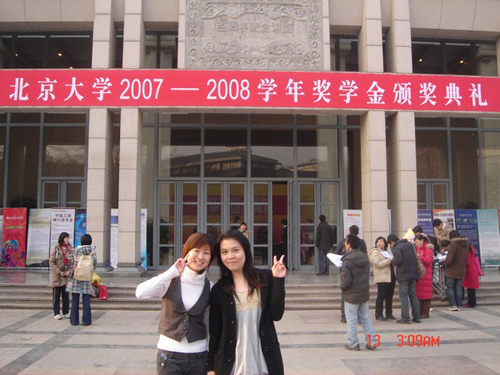
During the course of a visit to Yale University, イェール大学の学生、ルン・ペイ・ンさんにお会いできて光栄でした.
Lun Pei はイェール大学公衆衛生大学院の 1 年生です。, 微生物病の疫学に集中. 彼女は北京大学健康科学センターを医学生として卒業しました。 2011. Her interests lie in infectious disease control as well as health care management. As a Hong Kong resident, she is passionate about applying her knowledge in medicine and public health to promote health and wellness in Hong Kong and China after graduation.
I invited Lun Pei, with her China/US education perspectives, to contribute to this week’s edition of 教育のためのグローバル検索.
What did you find to be the best parts of your Chinese secondary school in your preparation to pursue your life goals? What would you like to have seen more or less of?
We have a high standard for quantitative subjects like math, physics and chemistry. We go deeply into each question and try to understand the origin of the most important formulas before using it in different settings. These practices help us view problems in a more detailed and logical way, even for those who later pursue a career in arts. さらに, since we go deeply into these subjects and students have the chance to participate in the Nationwide Olympic Games for Science (which requires knowledge comparable to university level), this overall approach is a good platform for students to see if they really have interest in these areas.
しかしながら, I think we could do more to integrate the things we learn into solving practical problems, 例えば, using theories in physics and chemistry to explain real life problems and encourage students to think on their own.
また, I think it would be better if we had fewer requirements of formula memorization, and were allowed to use calculators for complex calculations in tests. このように, learning would be more efficient and more focus could be put on methods instead of results.
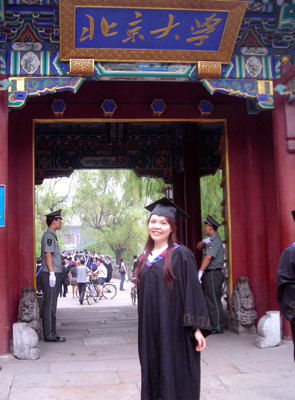
What are your views about standardized testing in high school? How much reliance should be placed upon it to measure the effectiveness of teachers and the capabilities of students?
Personally I think it’s fair to use a uniform system to test all students in a single subject, especially for a country with as big a population as China. The tests also serve as a guide for teachers to find where their emphasis should be. Although the result for a single exam may not fully represent your capabilities, the long-term record does help explain the difference in students’ アビリティ. In terms of measuring the effectiveness of teachers, I think it’s somewhat useful if we look at the trend of the whole class instead of just comparing the mean score of different classes.
I think it is important for universities to set benchmarks for test scores for admission. But once a person passes the benchmark, more emphasis should be put into evaluating a person’s experience, and whether he/she would be a good fit for the field.
Based on your personal experience, how would you compare your first tier Chinese university experience at Peking University with your first tier university education in the US at Yale University?
Since I was studying medicine at Peking University and changed to Public Health at Yale, it’s not a direct comparison with regard to curricula. But based on my personal experience and information from my classmates, I think the courses at Yale are more practical and applicable to real life, and the curriculum content is updated much faster (e.g. new articles on the effectiveness of HPV vaccine were introduced while we were learning the topic). The homework, case studies and projects require a combination of different skills rather than text memorization, designed to give us the chance to apply theories to practice. また, this provides a good platform for idea sharing and group assignments. I think my abilities in creative and critical thinking have significantly improved at Yale.
The courses are well connected to each other. More resources are given to the individual, e.g. everyone has an advisor to help answer academic questions and guide his career choices. Professors are very accessible and encourage different ideas from students. The program gives you the basic skills you need in your future work and helps you figure out what your real interest is.
Interaction among different schools and majors is highly encouraged; 例えば, there are joint courses provided to Public Health and Law School students, and you can select courses from different schools. 私をたくさん感動ことの一つは、異なるメディアツールの効率的な使用であり、 (電子メールやFacebookなど) 学術ニュースを拡散で, そしてあなたは、インターネットから必要なほぼすべての情報を得ることができます.
しかしながら, 私は時々、米国内のクラスの雰囲気が緩すぎるとランダムだと思う. 学生は問題を提起することが推奨さが、私の意見では、これは過剰であるされている. 中国の学生は質問を上げる前に二度考える傾向. Maybe that’s due to the cultural difference but this actually helped improve the efficiency of a class.
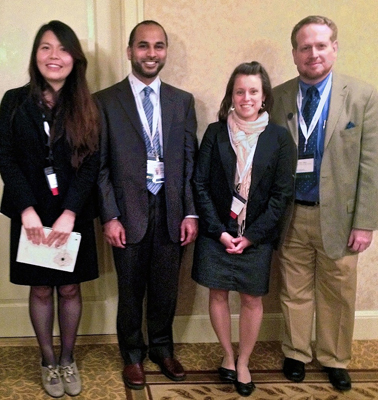
What do you think can be done to better address the emotional well-being and intellectual potential of the individual, which appear to be suffering under current secondary school education systems in China?
まず第一に, I think professional career offices are needed in schools to help students figure out what their real interests are and provide more information on relevant programs in different universities. Students would have strong motivation to study if they realized the things they are learning were useful for their future goals, and maybe the learning process itself would be less stressful. Many high school students in China apply for a program in the university with little information about it.
また, it’s important to gradually change the admission evaluation system for higher education in China to have a more comprehensive view of an applicant. This would include taking into account achievements in sports, arts and community service in addition to test scores. しかしながら, the system should be clearly communicated and documented to avoid being abused by some institutes or individuals. It may also be a good idea to put more weight on the test score of subjects related to the future interests of the applicant instead of just looking at the score as a simple result.
What advantages and disadvantages does a US university degree have compared with a Chinese university degree for a Chinese person?
If you plan to stay in the US, a US university degree would help you better adapt to the environment and culture, and also build up your network of contacts.
If you are planning to pursue your career in China, a degree in a Chinese university will give you a deeper understanding of the country’s political, 経済の, and other systems and a better network of contacts. Since there are increasing opportunities for Chinese students to study in the US today, if the university in US is not well known in China, people might think that you have chosen to study abroad only because you cannot get into a first tier university in China.
I think that in the first one or two years of university, you will gain knowledge in more areas in the US universities and then you can focus on one or two majors. 中国では, you will get involved in a specific area at the very beginning. So it may be good for people still searching for their interest to begin their journey in a university with a US like system, but if you already have a clear goal in mind, you may save some time studying in the Chinese universities (例えば, you can save 4-5 years to get a medical degree in China.)

From a broader perspective, 教育の卓越性のあなたの国の定義には、アカウントに個人の社会の生活の質を取るん?
I think educational excellence has a different definition and emphasis for the different stages of education. Before university, more focus is placed on a student’s ability to get higher scores, which may lower the quality of an individual’s life since he may need to sacrifice his interests in the arts or social work to make room for study. The test result is the main concern in terms of educational excellence.
In higher education, 成功した教育の一般的な認識は何を学ぶことは良い仕事を見つけるか、有利な業界に入るためにあなたを装備するということです. 私は生活の質と感じる, 自分の興味や仕事賃金とのバランスを含んでいる, 社会の成功の標準だけの教育ではない優秀に関連する広い概念である. 中国のような発展途上国では、, スケールは支払いの側に傾く.
社会の質, 私の考えでは, 常に教育の卓越性に考慮しなければならない. If one can use his knowledge and creativity to better serve the community, help address social problems, and improve public health, this should be viewed as representative of an excellent educational system.
しかしながら, China’s definition of educational excellence has changed a lot and more attention is also placed on whether one is enjoying his job rather than just on his productivity. But still there’s a gap in the definition between secondary and higher-level education, which could be a barrier in preparing our future generations to achieve their goals.
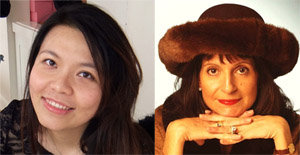
Photos courtesy of Lun Pei Ng.
教育のためのグローバル検索で, サー·マイケル·バーバー含め私に参加し、世界的に有名なオピニオンリーダー (英国), DR. マイケル·ブロック (米国), DR. レオンBotstein (米国), 教授クレイ·クリステンセン (米国), DR. リンダダーリング·ハモンド (米国), DR. マダブチャバン (インド), 教授マイケルFullan (カナダ), 教授ハワード·ガードナー (米国), 教授イヴォンヌヘルマン (オランダ), 教授クリスティンHelstad (ノルウェー), ジャンヘンドリクソン (米国), 教授ローズHipkins (ニュージーランド), 教授コーネリアHoogland (カナダ), 夫人. シャンタルカウフマン (ベルギー), DR. エイヤKauppinen (フィンランド), 国務長官タピオKosunen (フィンランド), 教授ドミニクラフォンテーヌ (ベルギー), 教授ヒューローダー (英国), 教授ベン·レビン (カナダ), 教授バリー·98名 (オーストラリア), シヴナダール (インド), 教授R. Natarajan (インド), DR. PAK NG (シンガポール), DR. デニス教皇 (米国), Sridhar Rajagopalan (インド), DR. ダイアンRavitch (米国), サー·ケン·ロビンソン (英国), 教授パシSahlberg (フィンランド), アンドレアス·シュライヒャー (PISA, OECD), DR. アンソニー·セルドン (英国), DR. デビッド·シェーファー (米国), DR. キルスティン没入Areの (ノルウェー), 首相スティーブン·スパーン (米国), イヴTheze (リセ·フランセ·米国), 教授チャールズUngerleider (カナダ), 教授トニーワーグナー (米国), デイヴィッド·ワトソン (英国), 教授ディランウィリアム (英国), DR. マークWormald (英国), 教授テオWubbels (オランダ), 教授マイケル·ヤング (英国), 教授Minxuan張 (中国) 彼らは、すべての国が今日直面している大きな絵教育問題を探るように. 教育コミュニティページのためのグローバル検索
C言語. M. ルービンは彼女が受け取った2つの広く読まれているオンラインシリーズの著者である 2011 アプトン·シンクレア賞, “教育のためのグローバル検索” そして “私たちはどのように読み込みます?” 彼女はまた、3冊のベストセラーの著者である, 含めて 不思議の国のアリスリアル.
Cに従ってください. M. Twitterでルビン: www.twitter.com/@cmrubinworld


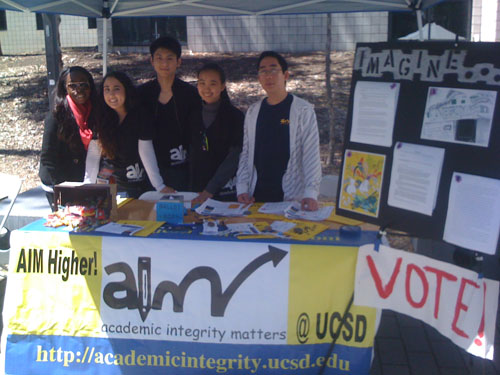
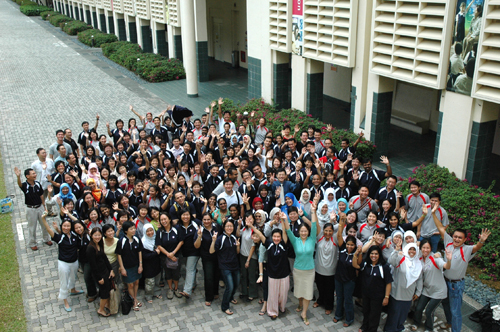
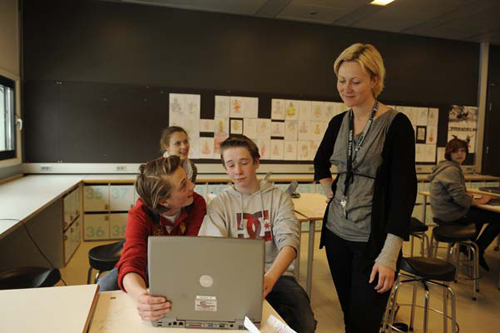
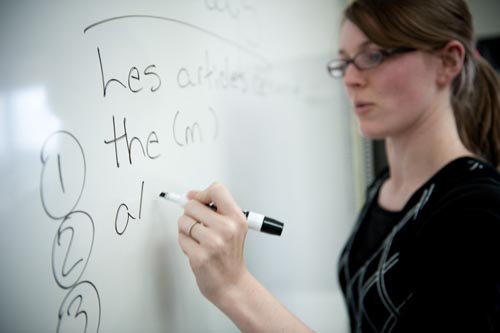
最近のコメント